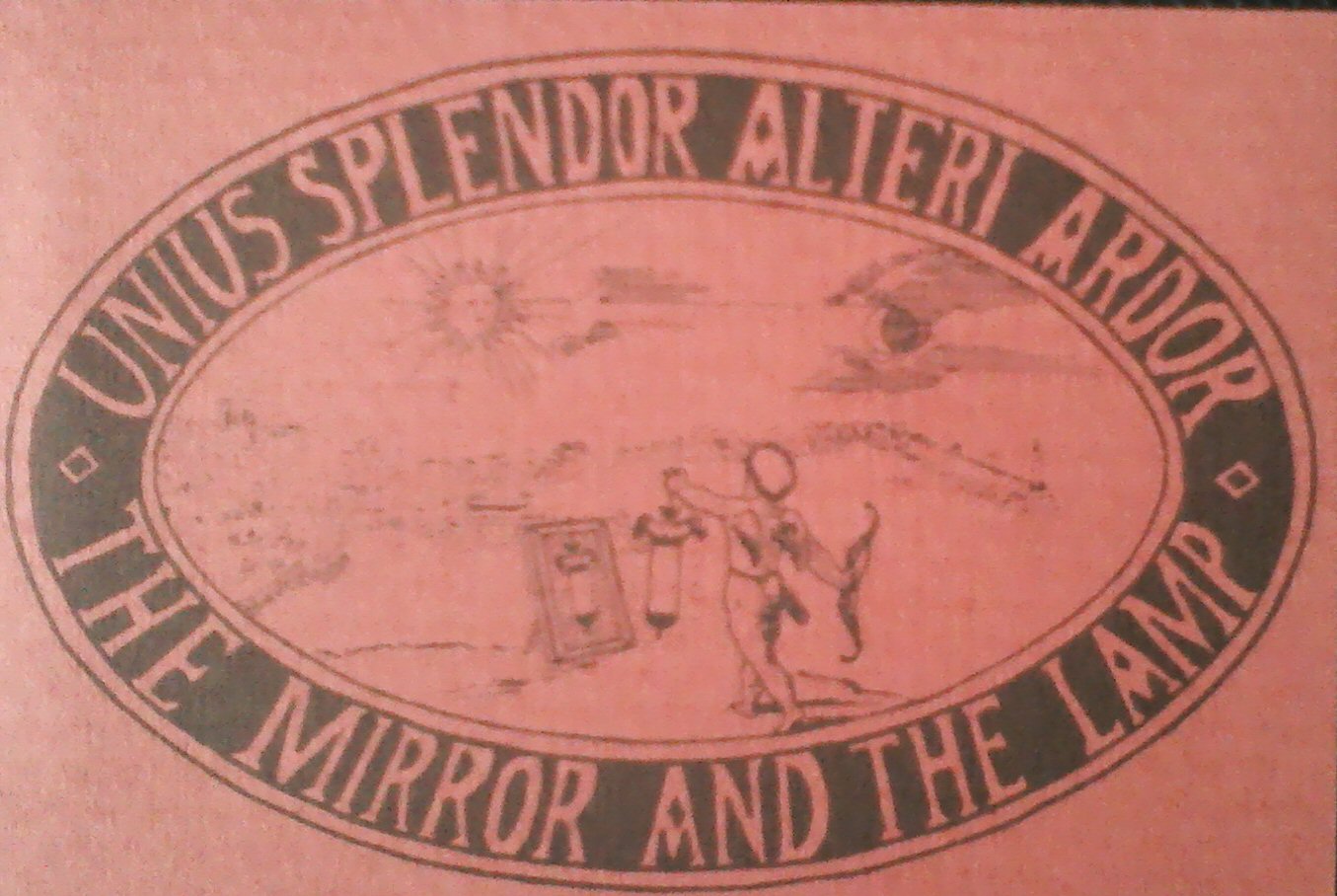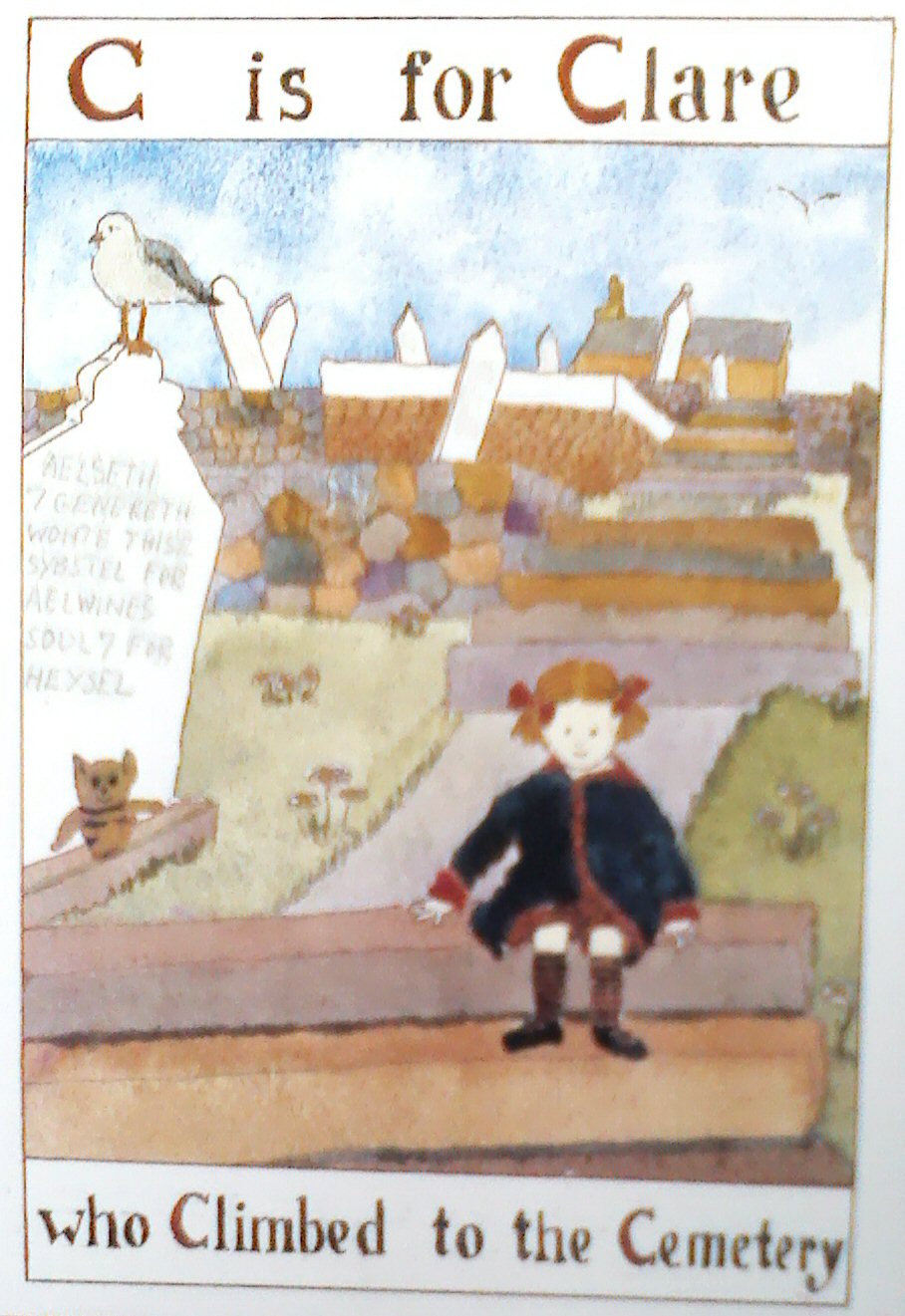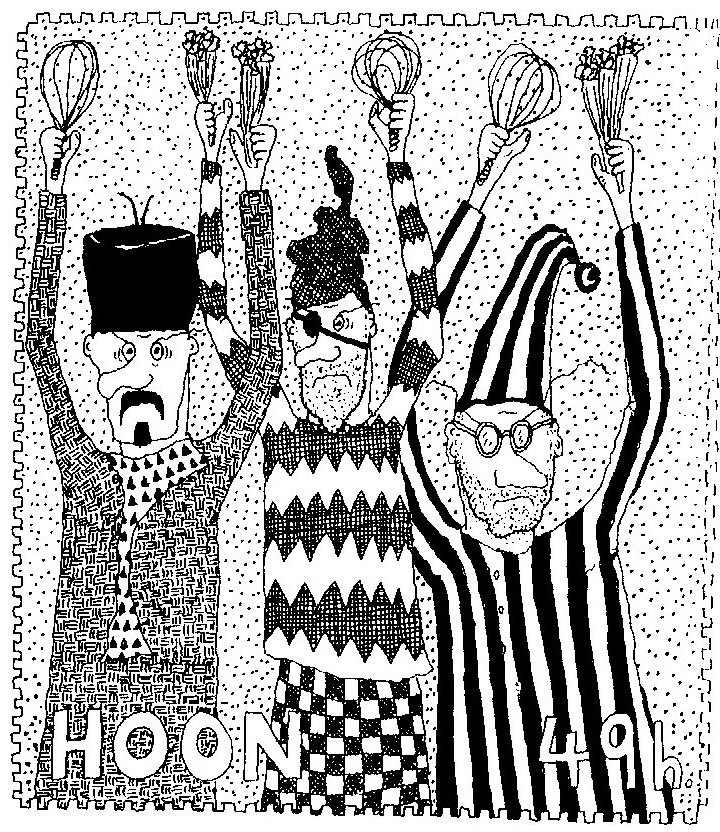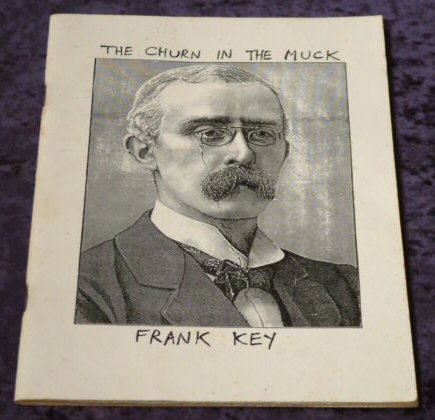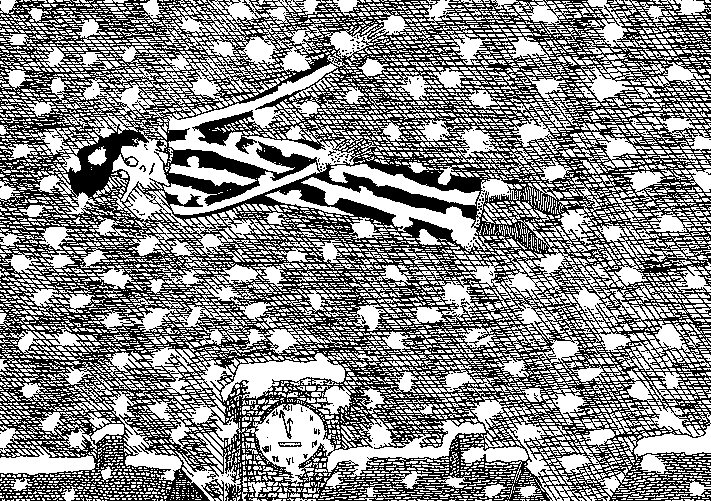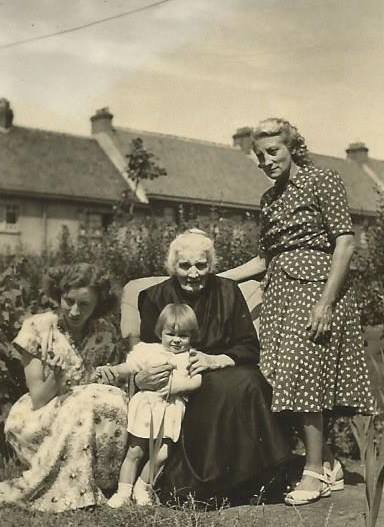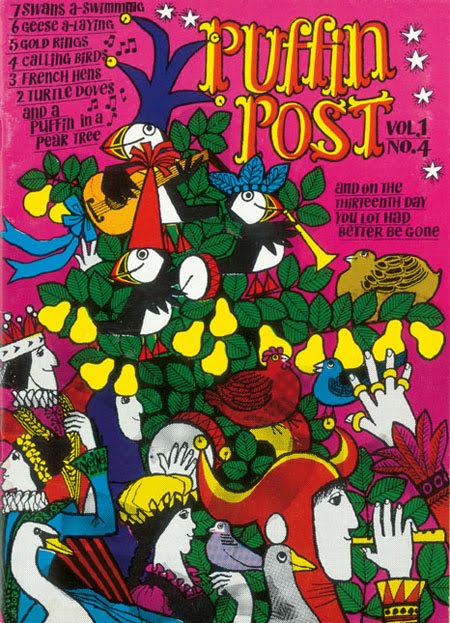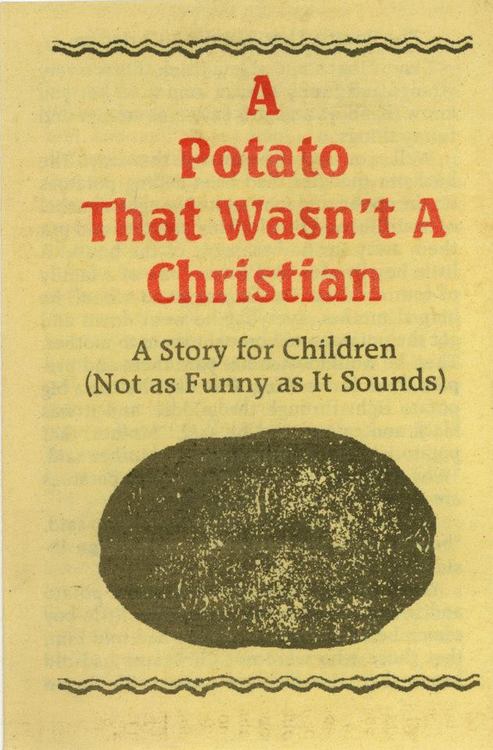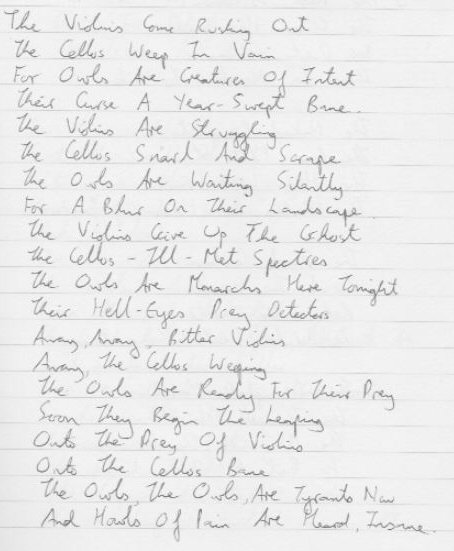I recall reading somewhere or other that, when asked to describe his ideal reader, James Joyce said he envisaged somebody spending the best part of their life devoted to the diligent study of his work, to the exclusion of all other concerns. Without for a moment comparing myself to Joyce, I must admit that his is an attitude of which I wholly approve. After all, why do we write at all, if we do not take our own work with the utmost seriousness, and expect readers – or at least some readers – to do likewise?
Laughable and hopeless it may be, but I like to think that, long after my mortal remains have been devoured by worms, there will be a small body of beetle-browed scholars poring over every word I have ever written, trying to wring from it everything that can be wrung. It is for them, as yet unborn, that I offer this tiny contribution to their important research.
In the mid-1980s I worked as a drudge and minion in a local authority office in London. One day I was given the task, who knows for what purpose?, of sorting through the personnel files of past employees – those who had left, or retired, or died. There were hundreds of these files, beige cardboard folders containing the dim dull records of long-forgotten members of staff. As I worked my way through them, two names grabbed my attention and lodged in my brain, where they have remained ever since.
Shortly afterwards, in the latter half of the decade, I had my epiphany upon reading Dallas Wiebe’s line “When you have nothing to say, you write prose”, and began to write prose. And in writing prose fiction, I learned that one of the things you have to do is to give your characters names. How to choose those names? Over the years, I have used a number of different methods. But back then, I realised I had a couple of excellent names stuck in my head. Yes, they were the identifiable names of real people, but “no resemblance to anyone living or dead blah blah blah” should cover it.
The first ex-employee of the council whose name I appropriated was B. Bewg. He became the “hero” of Mr Bewg’s Reference, a tale the register of which is clearly also indebted to my rummaging through those personnel files.
The other name that sang to me, and still does, was Nuttawood Sirinuntananon. The more diligent scholars will, I hope, work out that that must be a real name – after all, who would, could, make it up? I can’t actually recall, today, where I first deployed Mr. S., but it will have been in one of the early out of print pamphlets. He reappeared very briefly at Hooting Yard in 2004 and, with a different forename, in 2012 – where, I am pleased to note, you will also encounter a certain Krumbein, who was also a council employee, though one I actually met, as he had not yet been consigned to the beige cardboard graveyard.
Gosh, this is the kind of stuff that will have future scholars in ecstasy. I try to be helpful.

